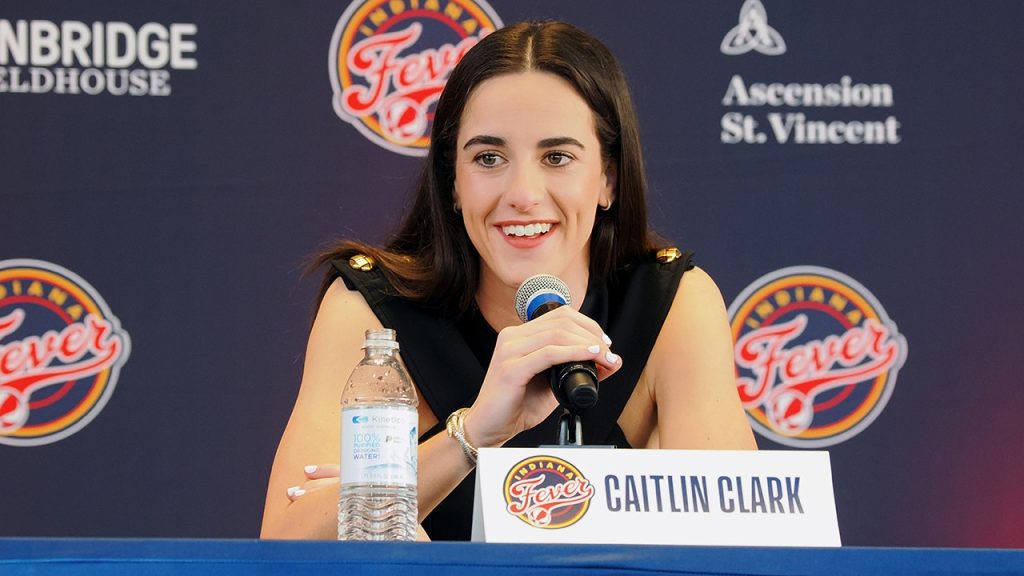Caitlin Clark’s meteoric rise to fame in 2024 irrevocably altered the landscape of women’s sports, particularly basketball. Her journey, from a record-breaking college career at the University of Iowa to becoming the WNBA’s Rookie of the Year, captivated audiences and ignited discussions about race, privilege, and the evolving dynamics of sports fandom. Clark’s on-court brilliance, coupled with the controversies surrounding her, propelled women’s basketball into the mainstream spotlight, resulting in record-breaking viewership and a renewed interest in the sport. Her influence transcended the game itself, sparking conversations about the role of race and gender in the media’s portrayal of athletes.
Clark’s senior year at Iowa saw her break the NCAA scoring record for both men and women’s basketball, concluding with a second consecutive appearance in the national championship game. The loss to LSU, marked by Angel Reese’s provocative “You Can’t See Me” gesture, ignited a rivalry that would continue into the WNBA season and fuel debates about sportsmanship, race, and the perception of female athletes. The incident, though downplayed by Clark, became a cultural touchstone, further amplifying her growing prominence. The subsequent discussions about the incident foreshadowed the conversations that would dominate her rookie WNBA season.
The Indiana Fever selected Clark as the first overall pick in the 2024 WNBA Draft, instantly transforming the team’s fortunes and the league’s visibility. Her arrival in the WNBA coincided with immediate discussions surrounding her race and its potential influence on her popularity. WNBA MVP A’ja Wilson’s comments suggesting that Clark’s whiteness played a significant role in her appeal sparked a wider conversation about race and privilege in professional sports. The debate continued throughout the season, adding another layer of complexity to Clark’s rookie year and further highlighting the intersection of sports and social commentary.
Despite the constant scrutiny and off-court distractions, Clark maintained an unwavering focus on her performance. She shattered rookie records and even set new WNBA all-time marks, silencing critics and demonstrating exceptional talent. Her electrifying playstyle and impressive statistical achievements translated into record-breaking viewership for both college and professional games. Clark’s presence generated an unprecedented surge in ticket sales, compelling WNBA teams to move to larger venues to accommodate the demand. The Indiana Fever, in particular, experienced an astounding 90-fold increase in ticket sales compared to the previous year, showcasing the “Caitlin Clark effect” on the league.
Clark’s dominance on the court resonated with fans, culminating in numerous accolades, including Rookie of the Year, an All-Star selection, and a First-Team All-WNBA honor. She led the Fever to a playoff berth, a significant improvement for the team, and became known for her remarkable ability to register double-doubles and even triple-doubles. Her single-game record of 19 assists solidified her reputation as a gifted playmaker, and her overall performance established her as a generational talent in the WNBA.
The impact of Caitlin Clark’s 2024 season extended beyond individual accomplishments. Her popularity significantly elevated the profile of women’s basketball, attracting new fans and sponsors while fostering a broader conversation about gender, race, and representation in sports. Her remarkable rookie campaign, played amidst intense scrutiny and social commentary, not only solidified her status as a rising star but also paved the way for future generations of female athletes. Clark’s story serves as a testament to the power of athletic excellence and the evolving nature of sports fandom in an increasingly interconnected world.

